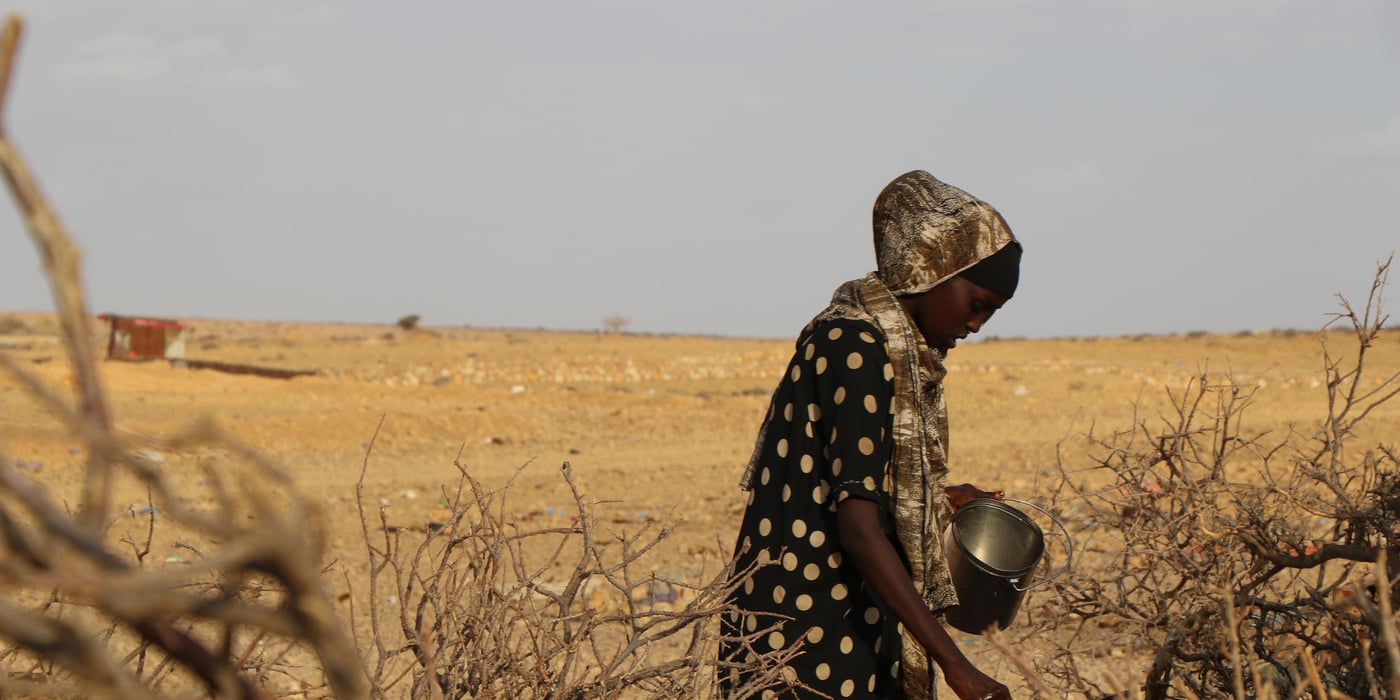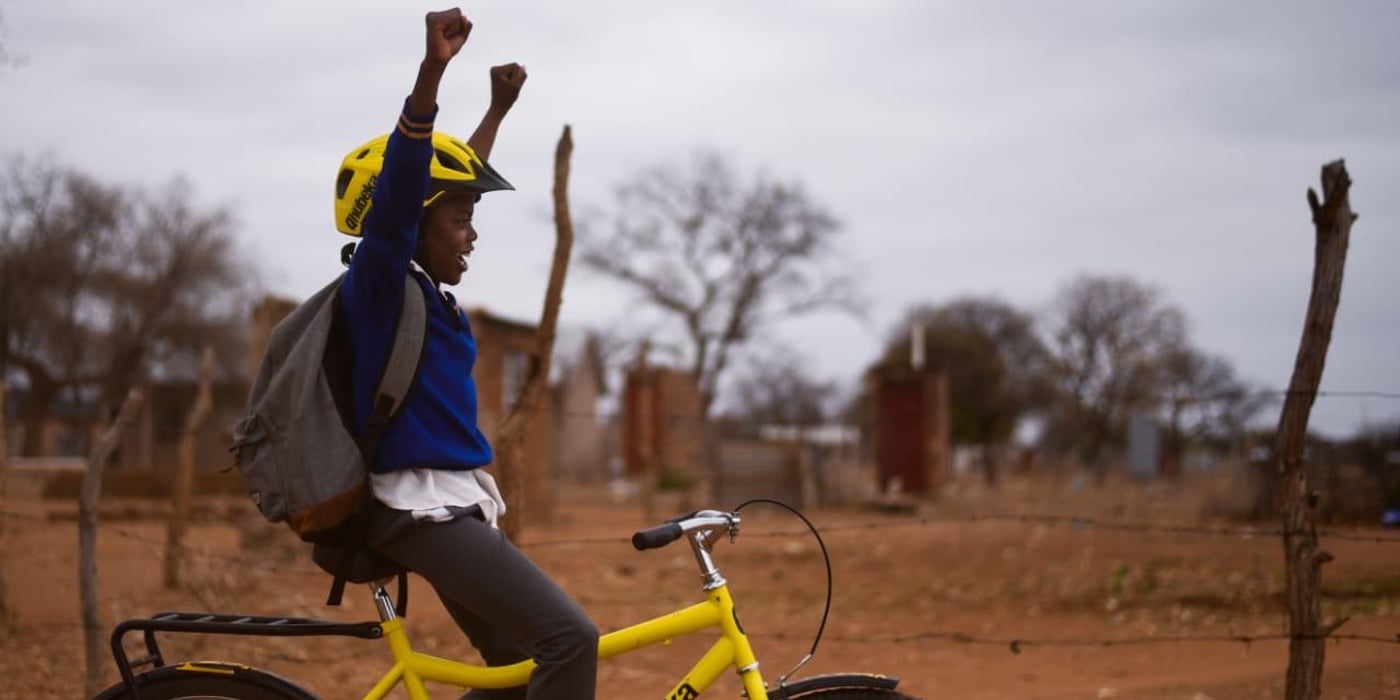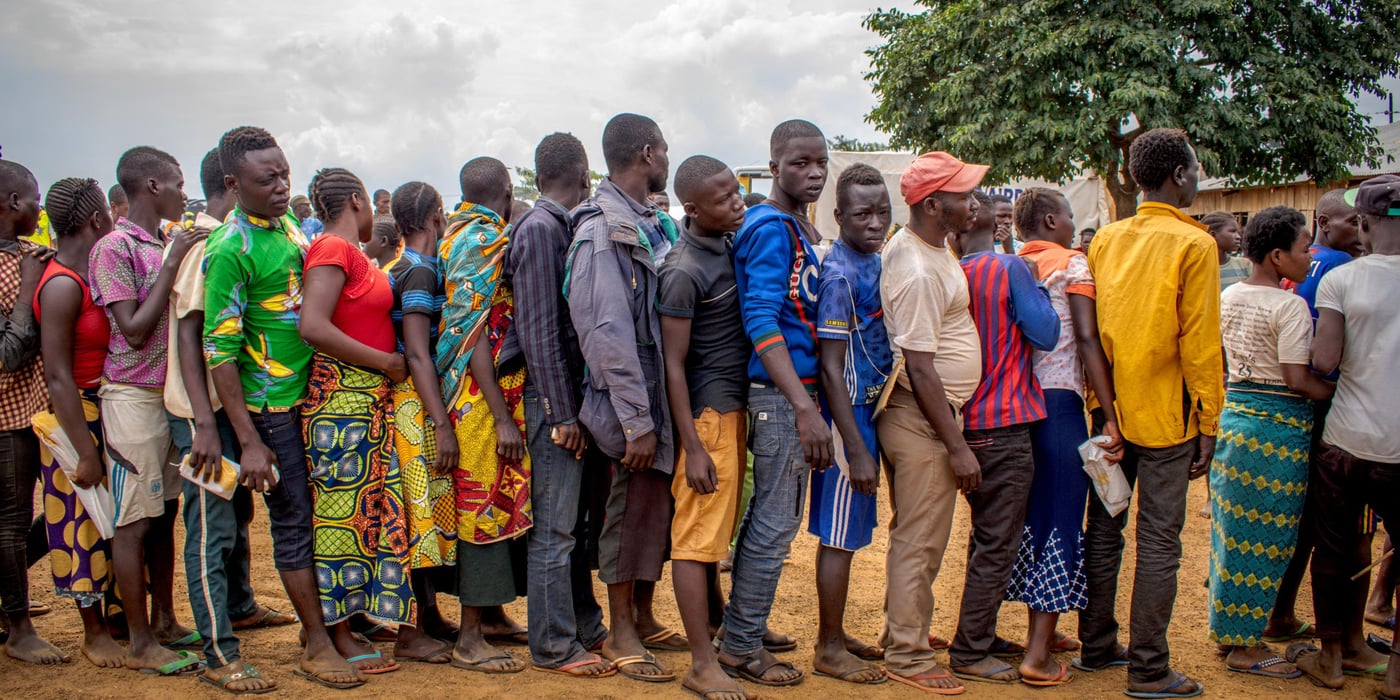
Millions of people who have fled their homes do not have access to clean energy and 90 percent does not have adequate access to electricity. While international organisations and national governments work hard to find ways to meet the global needs for clean energy, energy expert Anne Nyambane have met people living in refugee settlements in Uganda who have found their own innovative ways to solve these dilemmas. Read her letter here:
"Sarah* is a single mother of five living in Palabek refugee settlement in northern Uganda. She depends on humanitarian aid to meet all her household needs. Previously, she would ensure that most of her house chores were done before dusk. If not, she had to use candles and her mobile phone flashlight to meet her needs for light. As her children are in school, they had to do homework at night, so Sarah found an innovative way to provide light for her children.
“I bought like three batteries, connected them together and used a bulb at the end of the stack. This provided enough light for my children to do their homework. Once the batteries’ power is exhausted, I connect one new battery to the stack, which keeps the stack growing and providing adequate light,” Sarah tells me.

My first visit to Palabek refugee settlement clearly demonstrated people's ingenuity to modernise their lives. Moving away from using lighting sources such as grass, kerosene and candles, which are often a security and health risk.
The 'leave no one behind' principle of the 2030 agenda for sustainable development is an important step to accelerate action in humanitarian crises, where refugees and displaced people's needs are often overlooked. However, looking at the goal seven, committed to ensure clean, affordable, reliable and sustainable energy access for all, it has not been a priority for the humanitarian system during emergency responses, according to the Global Platform for Action on Sustainable Energy in Displacement Settings (GPA).
On my visit to the Mungula refugee settlement in northern Uganda, I met Joseph*. He's a father of nine children and his main source for lighting used to be his mobile phone flashlight. For 500 Uganda shillings he could recharge his phone at the nearby marketplace. However, just recently he got a tiny solar panel connected to a light bulb in one of his four houses so his children can study.
"The solar panel might be small, but it provides light for three to four hours each day. I wish I could afford a similar solar panel in all my houses. But for now, as long as it's available, it really helps. So I'm happy," Joseph says.

To address the energy needs for people at risk, the Global platform for action on sustainable energy in displacement settings was developed. It is a non-binding framework and enables humanitarian and development operations to include energy access in their activities to accelerate progress on the seventh sustainable development goal. Still, national governments, the humanitarian and development sectors strive to implement different initiatives to support the framework.
Visiting people and seeing how they advance their energy sources in small but crucial ways while waiting for a full modern energy transition, gave me hope. It is clear that to leave no one behind by 2030, requires inclusion of all stakeholders, including local communities and individual households."
- Anne Nyambane, a NORCAP junior energy expert with FAO.
*Sarah and Joseph are not their real names
Today, NORCAP has a project titled "Greening humanitarian responses in Uganda". The project is funded by Innovation Norway and run in partnership with FAO and Mandulis Energy and is committed to support access to clean energy for refugees and host communities in Uganda.




